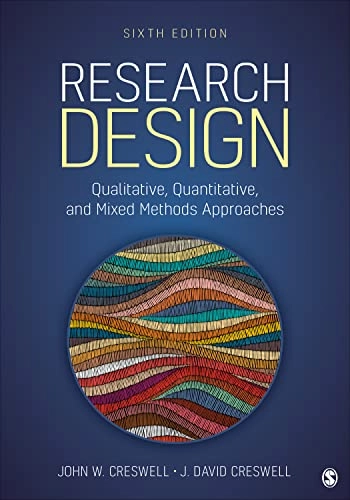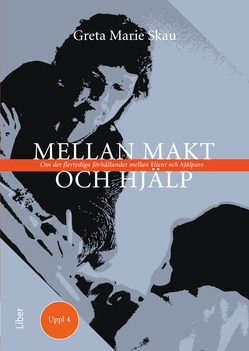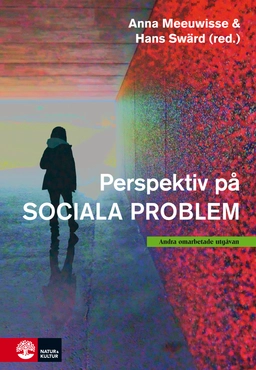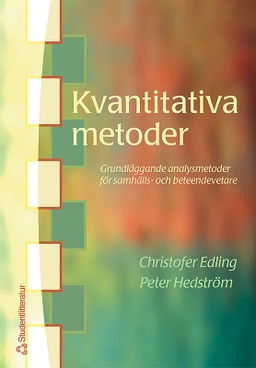The sixth edition of the best-selling text, Research Design: Qualitative, Quantitative, and Mixed Methods Approaches by John W. Creswell and J. David Creswell, continues to provide clear and concise instruction for designing research projects or developing research proposals. This user-friendly text walks readers through research methods, from reviewing the literature to writing a research question and stating a hypothesis to designing the study. At each step in the process, the authors address qualitative, quantitative, and mixed methods approaches to encourage readers to choose the approach that best fits the research question. Numerous examples draw from a wide variety of disciplines, featuring diverse philosophical ideas and modes of inquiry. Features like bullet points, numbered steps, and annotated research examples help students focus on the most important information in research design. The Sixth Edition has been fully revised to reflect the 7th edition of the Publication Manual of the American Psychological Association with more inclusive language, updated citation styles, and updated writing suggestions. Learning objectives are now included at the start of each chapter. To help readers better achieve these learning objectives, the authors have clarified and improved the writing exercises to help readers better achieve these learning objectives. The final three chapters detailing qualitative, quantitative, and mixed methods now have a parallel structure so readers can better compare and contrast these approaches. Chapter 10 on mixed methods in particular has been restructured to reflect the latest developments in mixed methods and best practices. New research examples throughout help capture and demonstrate new trends in research.
Åtkomstkoder och digitalt tilläggsmaterial garanteras inte med begagnade böcker





















